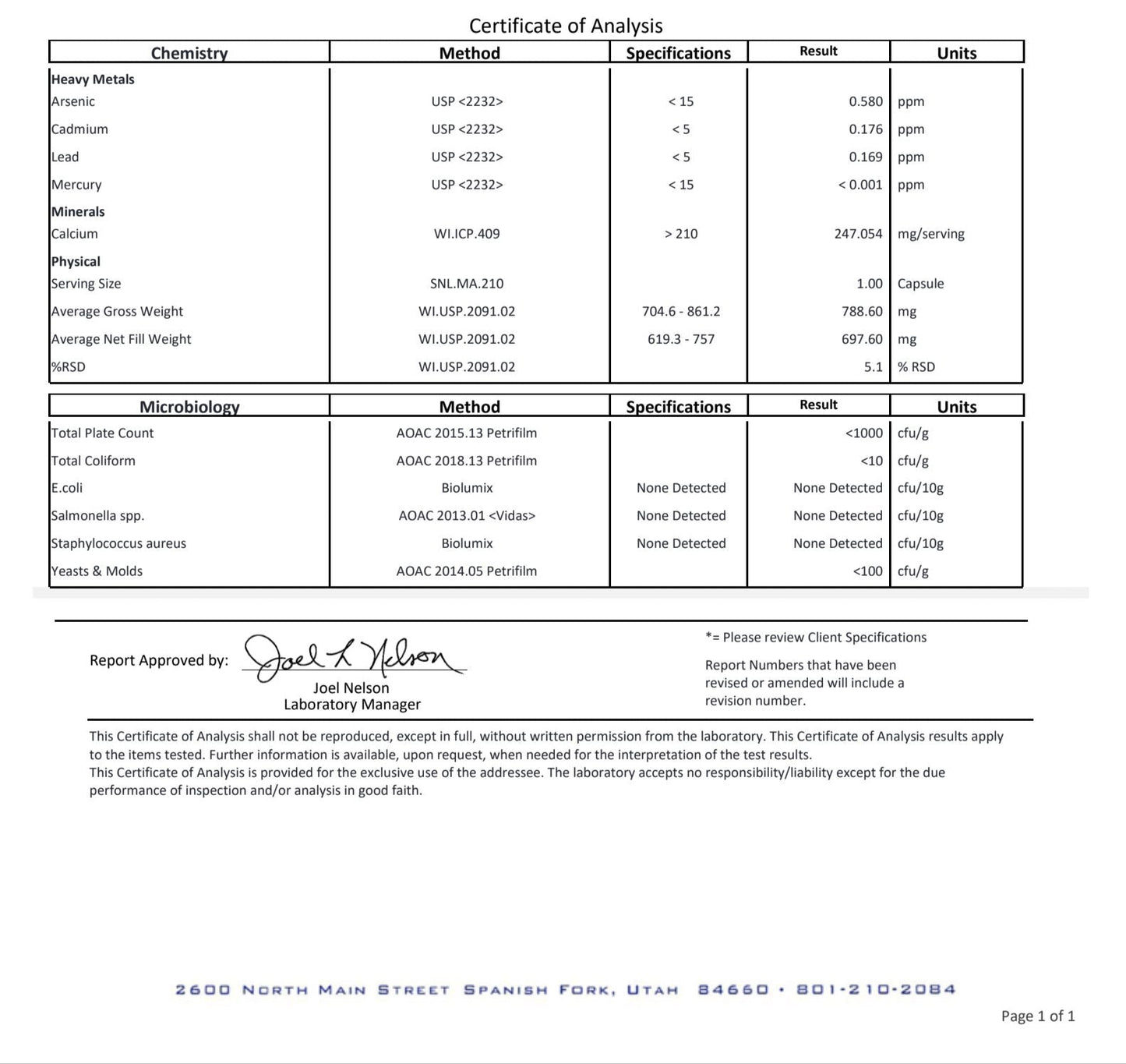Vitamin D3
May support exercise performance, immune health, muscle growth, optimal bone health, hormonal health, immune function, increased sexual health, cardiovascular health, glucose tolerance, increased strength, and positive mood (77,78,79).
May support hormonal health via high amounts of vitamin D receptor (VDR) activity in hormone based negative feedback loop reactions (77,78).
May support cardiovascular health via improved absorption of calcium, reduced atherosclerotic activity, stimulating cardiomyocytes, and improved vascular health (77,78).
May support exercise recovery via reduced post exercise inflammation and muscle damage (77,78).
May support sexual health via increased activity of Vitamin D receptor activity of testosterone production (79).
May support immune function via decreases of inflammatory cytokines and aiding immune cells (77,78).
May support joint health via regulating calcium and phosphorus and bone remodeling along with other calcium-regulating actions (77,78).
Vitamin K2
May support bone health, cardiovascular health, and Vitamin D metabolism (80,81).
May support cardiovascular health via reduced atherosclerotic activity and minimizing calcium deposits in the blood vessels (80,81).
Calcium
May support bone health, muscle function, and cardiovascular health (36,37).
Regulates processes of bone resorption, mineralization, and fracture repair (36,37).
Increases the effect of physical exercise on bone mineral acquisition in the period preceding puberty (36,37).
May support reduced prevalence of preeclampsia (36,37).













